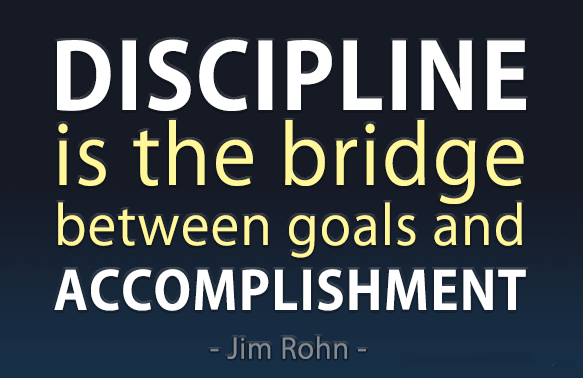My best student is a martial arts instructor. With this statement, I welcome you to my harmonica blog! The topic I want to discuss today is about the similarities between learning to play harmonica and learning a martial art. What do these two disciplines have in common? Read on and you’ll discover the answer!
First, let’s see what learning a martial art means. It’s said that when you practice a martial art diligently, you work on the following areas:
Discipline
In order to be successful, you must learn discipline. Serious practice and few distractions are allowed. Consistency and force of will are necessary to improve your learning, and when you focus on something, you need to repeat it many times, controlling the way you perform the action and correcting it accordingly.
Effort
You learn to push yourself further than you believe you can go. You’re encouraged to continue to improve and are guided to the realization that you can be more than average. You want to give 100% in all that you do to realize your full potential. You understand that putting in an effort is necessary, and in order to grow, you need to learn how to manage moments of stressand fatigue.
Memorization
You are asked to memorize things such as physical moves, techniques, and specific movements. This develops your muscle memory, as well as the capacity of retaining many ideas in your brain.
Goals
The goals you achieve are normally recognized by the issuance of different rewards, and every time, you set yourself a new target on a higher level. Your learning process is organized on many levels and you know what you should be able to do for each of them.
We can find all these aspects of learning a martial art in the study of the harmonica as well. To learn how to play the instrument, you need discipline, dedication, and organization. When you study, you don’t want to get distracted – of course, there are times when you have fun, but these don’t necessarily coincide with moments of practice. To learn how to play, we have to make both a mental but also physical effort. After all, playing an instrument is a physical activity, and if we play harmonica a lot, our lips may hurt and even the tongue can get cut and become painful.
In the study of the harmonica, we memorize many concepts as well as the movements of our arms, hands, tongue, lips, and mouth. Not only that, but all neck muscles are also put to use when we play, so we need to develop muscle memory over time and with precise and correct practice.
Last but not least, and in fact, probably first of all, we have to set ourselves goals, both in the short and the long term. If we know where we are and where we’re going, we’ll be able to face our path of study in a conscious way and define our objectives that will be a source of inspiration and satisfaction – and every time we reach them, we’ll be encouraged to continue on to the next goal.

Goals
The goals you achieve are normally recognized by the issuance of different rewards, and every time, you set yourself a new target on a higher level. Your learning process is organized on many levels and you know what you should be able to do for each of them.
We can find all these aspects of learning a martial art in the study of the harmonica as well. To learn how to play the instrument, you need discipline, dedication, and organization. When you study, you don’t want to get distracted – of course, there are times when you have fun, but these don’t necessarily coincide with moments of practice. To learn how to play, we have to make both a mental but also physical effort. After all, playing an instrument is a physical activity, and if we play harmonica a lot, our lips may hurt and even the tongue can get cut and become painful.
In the study of the harmonica, we memorize many concepts as well as the movements of our arms, hands, tongue, lips, and mouth. Not only that, but all neck muscles are also put to use when we play, so we need to develop muscle memory over time and with precise and correct practice.
Last but not least, and in fact, probably first of all, we have to set ourselves goals, both in the short and the long term. If we know where we are and where we’re going, we’ll be able to face our path of study in a conscious way and define our objectives that will be a source of inspiration and satisfaction – and every time we reach them, we’ll be encouraged to continue on to the next goal.